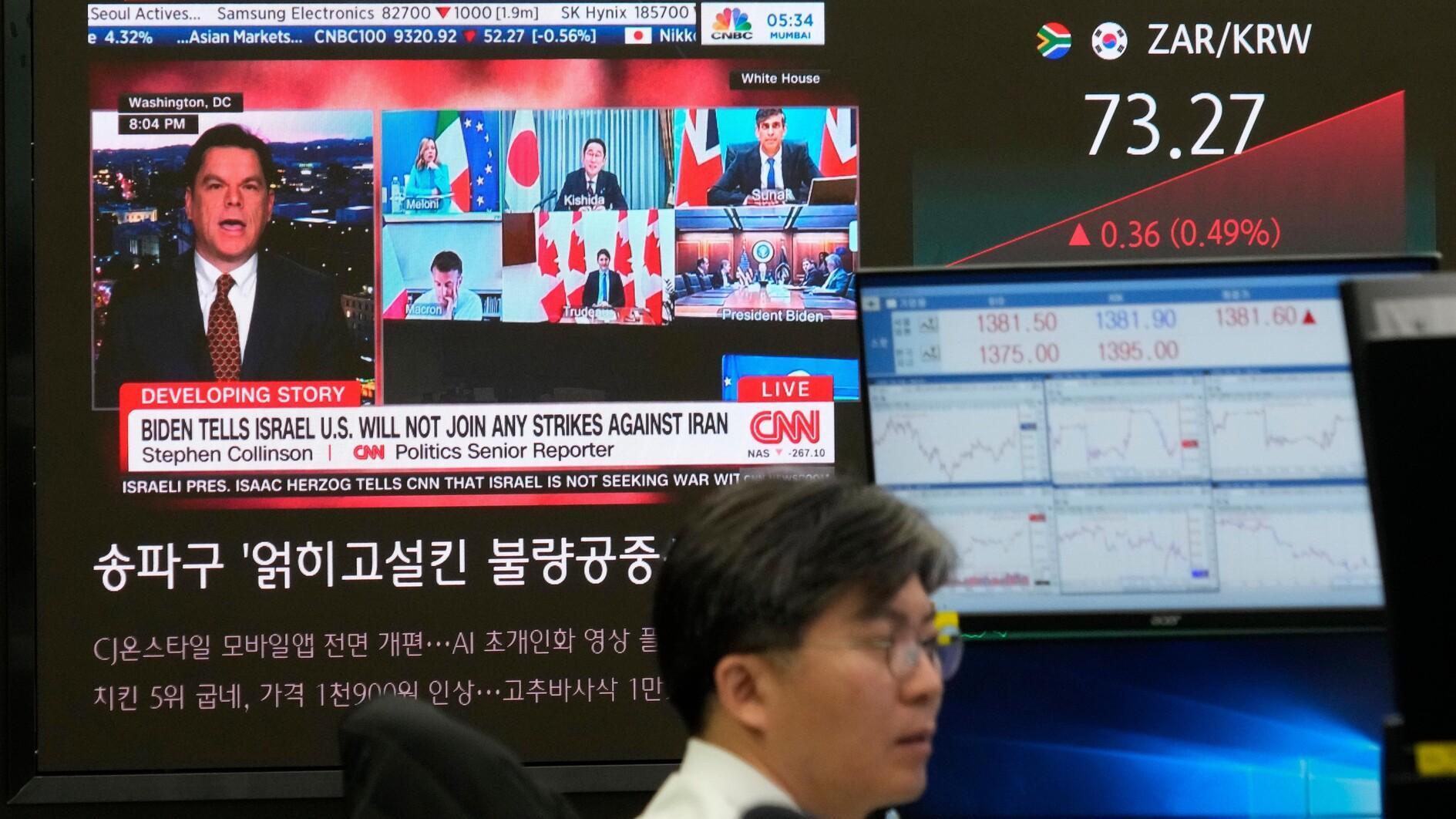The most controversial vote in Turkey in years
A relative of mine was an observer of a vote count at an Istanbul ballot box for the April 16 referendum on whether to shift Turkey from a parliamentary system to an executive presidential one. As she later told me, the count resulted in 275 “No” and 84 “Yes” votes.
One of the ballot box observers was reading the votes and another one was writing it down, according to the rules. The man declared the “No” votes at the ballot box as 175 and my relative managed to catch the mistake before the other man writing the result down. “I think that is 275, not 175,” she said. The two men looked at each other, and when she suspected they might try to ignore her comment, she insisted: “Perhaps you misread it, please check again.” The man did not even bother to have a second look at the draft paper and just said “OK” with a cursed look at my relative, ultimately registering the vote correctly as 275 on the report sheet.
This is a typical method of possible small-scale cheating in Turkish voting. Such an example would not really be valid in general elections, where you would have to distribute the votes among other parties if you removed them from one party, but in referendums you simply drop a digit from one side and add it to the other, as there are only two options: “Yes” and “No.” It is a small-scale irregularity, but if organized centrally it could amount to a considerable effect, because in referendums local constituencies are not important but the nationwide total is important.
On the evening of April 16, many such stories were forwarded to journalists and lawyers in Turkey. But amid the controversy sparked by the statement by the Supreme Election Board (YSK), few people spoke about such examples.
The debate started when the YSK said ballot papers without an official stamp would be valid “unless it can be proved that they were brought from outside the voting room.” The statement contradicted the Election Law and the regulations issued by the YSK itself. Just after the voting process had been completed and just as vote counting was getting underway, the referee was saying the rules of the game had changed.
What’s more, it would be very difficult to determine that unstamped papers and envelopes had not been brought from outside. Ballot box observers would effectively need to be criminal experts, lawyers and detectives to do so. But despite all calls on the YSK to clarify this statement as soon as possible, because otherwise it could cast a shadow on the entire voting process, the first statement from YSK chairman Sadi Güven only came at around midnight, by which point over 99 percent of the boxes had been opened, counted and registered.
The social democratic main opposition Republican People’s Party (CHP) objected to the situation, claiming that the high judges forming the YSK had been manipulated by the Justice and Development Party (AK Parti) government. It said it would appeal against the results of 37 percent of ballot boxes. It also claimed that the number of votes to be recounted was between 1.5 and 2.5 million, in a referendum where “Yes” votes won with a difference of around 1.3 million, with turnout among 55 million voters at 86 percent. The Kurdish problem-focused Peoples’ Democratic Party (HDP), meanwhile, also vowed to appeal against the results of 60 percent of ballot boxes.
Election observers from the Organization of European Security and Cooperation (OESC) claimed on April 17 that the April 16 referendum in Turkey did not meet high democratic standards for two main reasons. The first was the non-level ground for the “Yes” and “No” campaigns before the referendum; the second one was the YSK’s last minute rule change.
Turkey is a founding member of the OESC. Up until recently it has sent observers to elections in other countries, to check that they meet democratic standards. Until recently Turkish elections have been carried out with near-exemplary sophistication and accuracy, with only negligible local irregularities.
Perhaps there is nothing wrong with the YSK’s decision. Perhaps no irregularities took place to decisively prevent the “No” votes from winning over the “Yes” side. But the timing of the YSK’s statement and the way it was carried out certainly raised eyebrows and caused controversy.
President Tayyip Erdoğan and the AK Parti had been expecting higher support for “Yes.” But in the end Erdoğan was able to conclude the night of April 16 with such a sentence: “Some people are trying to underrate our victory, but the early bird catches the worm.” The morning after, on April 17, Erdoğan chaired a meeting of the National Security Board and the cabinet, endowed with new powers in Turkey’s new administrative system.











